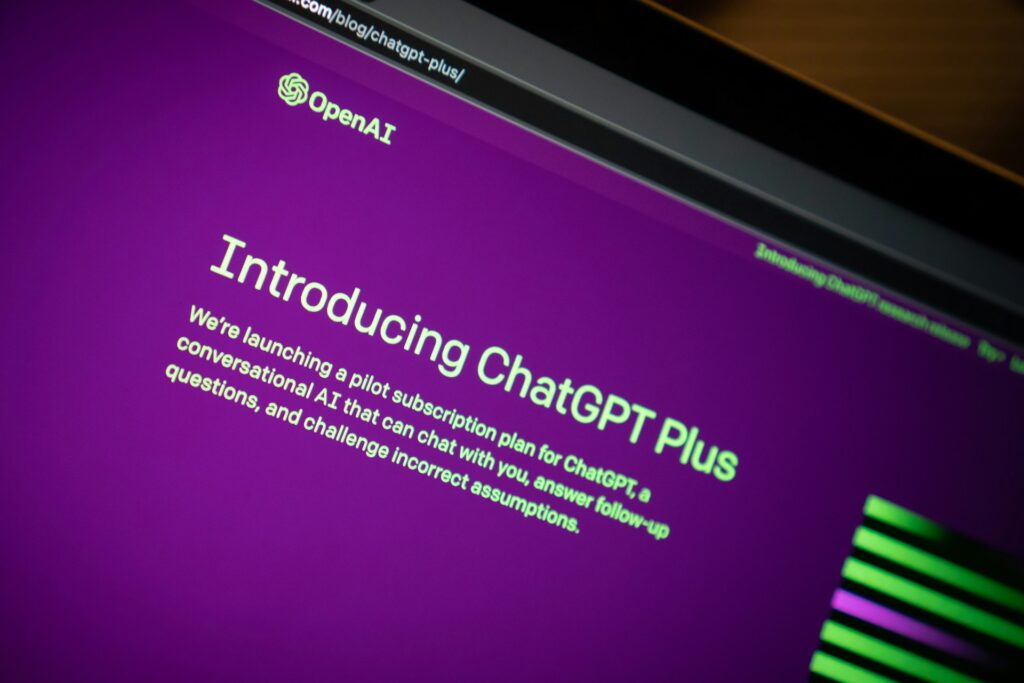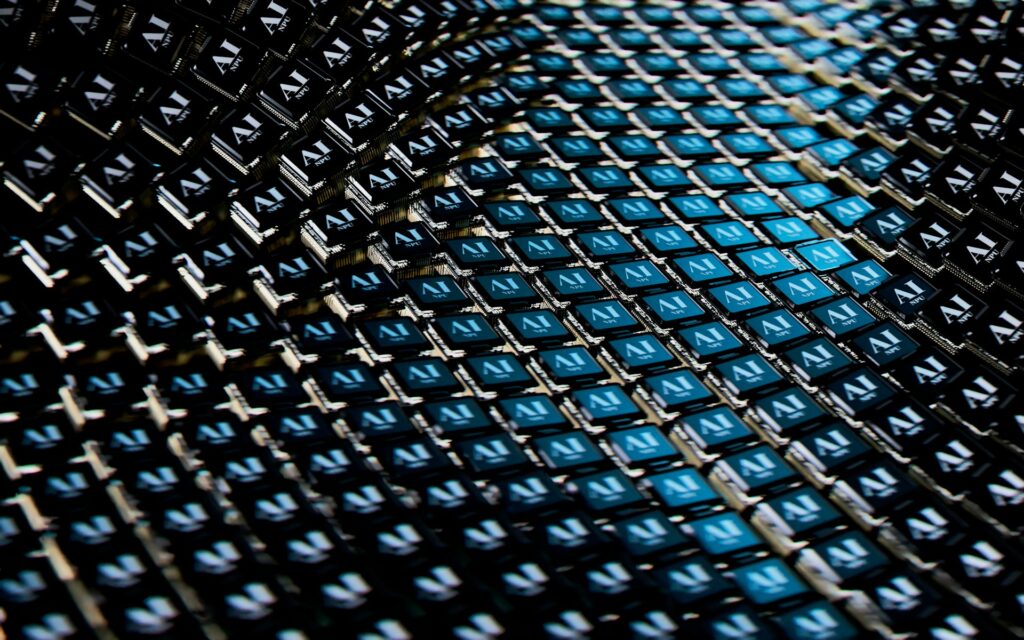In recent years, the rise of Artificial Intelligence (AI) has triggered a debate across many industries, particularly within creative fields. From writing and editing to graphic design and animation, the question looms: Will Artificial Intelligence (AI) replace content creators?
As AI systems become increasingly sophisticated, they are starting to perform tasks that were once thought to be the exclusive domain of human creativity. This development is causing both excitement and concern, especially among professionals who wonder about the future of their jobs.
However, while AI can automate certain aspects of content creation, there are still many nuances and creative elements that it has yet to master!
Will content writers be replaced by AI?
The concern that AI might replace content writers is both legitimate and nuanced. AI technologies like GPT-4 and its successors have demonstrated remarkable capabilities in generating text that mimics human writing. These systems can produce articles, essays, and even creative pieces that are often indistinguishable from those written by humans.
However, while AI is undoubtedly changing the landscape of content creation, it is unlikely to fully replace human writers and content writers.
Roles affected by AI and the exact impact
- Writers and Content Creators: AI can handle repetitive writing tasks, such as product descriptions, news summaries, and data-driven reports. However, it struggles with tasks requiring deep creativity, emotional nuance, and cultural context. AI might take over certain writing jobs, but it will likely work alongside human writers rather than replace them entirely.
- Editors: AI tools are becoming adept at grammar checks, style suggestions, and even structural edits. While AI can assist editors in speeding up their work, it cannot replace the human ability to understand complex narratives, tone, and context. As a result, while AI might take over some editorial tasks, the role of human editors will remain crucial.
- Graphic Designers: AI tools can generate basic designs, logos, and even some forms of digital art. However, the creative process behind branding, visual storytelling, and the interpretation of abstract ideas into visual formats remains largely a human endeavour. Graphic designers will likely see AI as a tool to enhance their work rather than a replacement.
- Animators: AI-driven tools can automate certain aspects of animation, such as in-betweening (filling in frames between keyframes) and rendering. However, storytelling, character development, and the artistic vision behind animations are still human-driven. AI might change the workflow but won’t replace the creative minds behind animations.
- Translators: AI translation tools have made significant progress, particularly in translating simple texts and documents. However, they often fall short in handling idioms, cultural nuances, and complex literary works. While AI might replace translators for straightforward tasks, human translators will remain essential for high-quality and culturally sensitive translations.
- Screenwriters: AI can generate script templates and assist in brainstorming ideas, but writing a compelling screenplay requires a deep understanding of character, dialogue, and emotional arcs, which AI currently lacks. Thus, while AI might contribute to the process, it won’t replace screenwriters.
3 reasons why AI will never match human creativity
- Emotional depth: Human creativity is deeply rooted in emotions. Writers, artists, and creators infuse their work with personal experiences, feelings, and cultural understanding that AI simply cannot replicate. AI can mimic patterns but lacks the ability to generate content with genuine emotional depth and empathy.
- Cultural context and sensitivity: Creative work is often a reflection of society, culture, and the time in which it is created. AI lacks the ability to understand and interpret cultural contexts and sensitivities fully. This limitation means that AI-generated content might miss important nuances or inadvertently cause offence, something human creators are better equipped to navigate.
- Innovation and originality: While AI can generate content based on existing data, it struggles with true innovation. Human creators are capable of thinking outside the box, breaking the rules, and coming up with entirely new concepts and ideas. AI, on the other hand, is bound by the data it has been trained on and cannot truly innovate in the same way humans can.
While AI is undoubtedly reshaping the landscape of creative work, it is unlikely to replace content creators entirely. The human ability to innovate, understand cultural nuances, and infuse work with emotional depth remains unmatched by AI.
As technology continues to evolve, content creators will need to adapt and find ways to leverage AI as a tool to enhance their creativity rather than see it as a threat. Ultimately, the collaboration between AI and human creators will likely define the future of content creation, with AI handling repetitive tasks and humans driving innovation and creativity.
For the unversed, ChatGPT makes a lot of mathematical errors. So, even the thought of roles being completely replaced by AI seems far-fetched, at least in the near future!
FAQ
ChatGPT and similar AI tools can assist in content generation, but they won’t fully replace human writers. While AI excels at drafting and summarizing, it lacks the creativity, emotional depth, and cultural sensitivity that human writers bring. Instead of replacing writers, AI will likely serve as a tool to enhance and support their work, allowing them to focus on more complex and creative tasks.
AI is automating routine tasks and providing new tools in creative fields, enhancing productivity. While AI can assist in design, editing, and content generation, it doesn’t replace the need for human creativity and emotional intelligence. The main impact of AI on creative jobs is in fostering collaboration, with AI handling repetitive tasks while humans focus on innovation and complex problem-solving.
Jobs requiring creativity, emotional intelligence, and complex decision-making, such as those in psychology, creative direction, and certain healthcare roles, are likely to remain safe from AI. These professions rely on human intuition, empathy, and strategic thinking—areas where AI still falls short.
By 2030, jobs involving repetitive tasks, like data entry, basic manufacturing, and routine customer service, are most at risk of being replaced by AI. Roles in retail, telemarketing, and simple bookkeeping may also disappear. However, new jobs will emerge, particularly in AI management and tech-driven industries.
AI has already replaced roles in manufacturing (e.g., assembly line work), finance (e.g., stock trading), and customer service (e.g., chatbots). In fields like legal research and basic content generation, AI is making significant inroads, although human oversight remains crucial in these areas.

